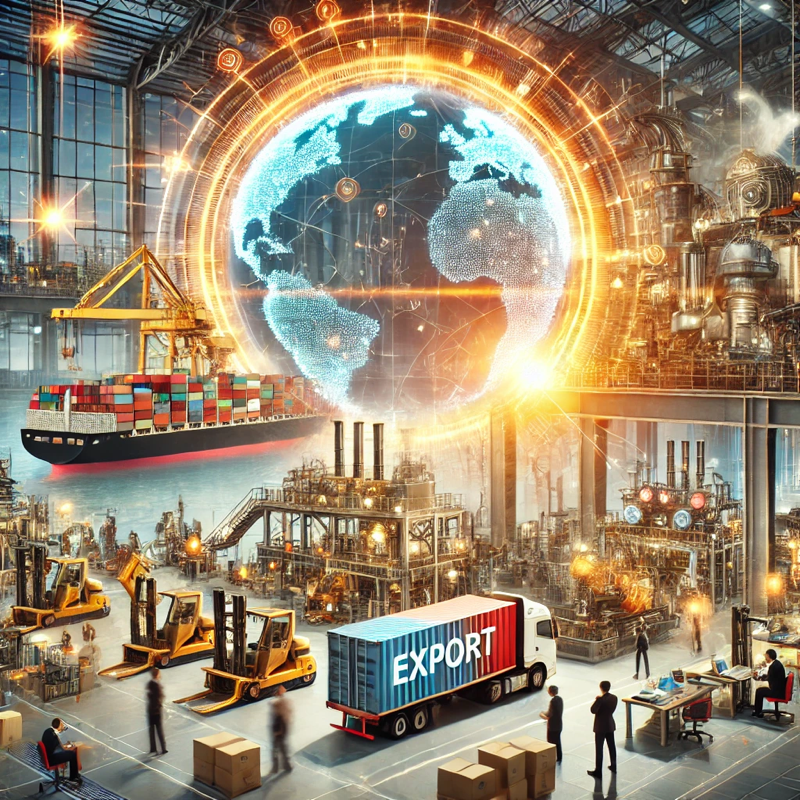The Industrial Sector and Transforming Emerging Economies
The Industrial Sector and Transforming Emerging Economies
11/16/20242 min read


The Importance of the Industrial Sector and Manufacturing Companies in Boosting the Economy in Emerging Countries
The industrial sector plays a pivotal role in driving economic and social development, particularly in emerging countries seeking to transform their economies from consumption-based to production-based and export-driven. This sector is characterized by its ability to create widespread job opportunities, increase productivity, and enhance economic stability.
The Industrial Sector and Transforming Emerging Economies
In emerging countries, economies often rely on importing goods and services, which increases trade deficits and dependence on external economies. Here, the industrial sector comes into play by:
1. Increasing Local Production: Through investments in manufacturing, these countries can produce goods and services that meet local market needs, reducing dependence on imports.
2. Enhancing Exports: Export-driven manufacturing is one of the most significant economic drivers, opening new markets for local products, bringing in foreign currency, and increasing foreign reserves.
3. Facilitating Technology and Knowledge Transfer: The manufacturing sector encourages companies to adopt modern technology and enhance their production capabilities, boosting efficiency and product quality.
Manufacturing and Employment
The industrial sector is one of the largest providers of job opportunities in emerging countries:
• It creates direct jobs in factories and production lines.
• It drives growth in related sectors such as transportation, logistics, and technology.
• It improves living standards by providing stable incomes and opportunities for training and development.
The Role of Manufacturing in Creating Added Value
Manufacturing is not limited to producing goods but also adds value to raw materials. For example, transforming raw materials such as metals or agricultural produce into finished or semi-finished products increases their market value and yields greater economic returns.
Challenges and Solutions
Despite its immense benefits, the industrial sector in emerging countries faces challenges such as inadequate infrastructure, skill shortages, and economic fluctuations. However, these challenges can be overcome through:
1. Investing in Education and Training: Ensuring a skilled workforce that meets market demands.
2. Developing Infrastructure: Such as transportation networks and electricity to facilitate factory operations.
3. Encouraging Foreign Investment: By offering incentives to global companies to invest in these countries.
Conclusion
The industrial sector is the key to transforming emerging countries into thriving and sustainable economies. By strengthening this sector, these nations can shift from consumption-based economies to export-driven ones, creating new opportunities for growth and development. Investing in manufacturing is not just an option but a strategic necessity for achieving economic and social stability
Solutions
Herzig Industry Solutions
Freiheitstrasse 124/126 15745 Wildau
Contact
Consulting
+49 151 10745292
© 2024. All rights reserved.Herzig
info@herzigb2b.de

